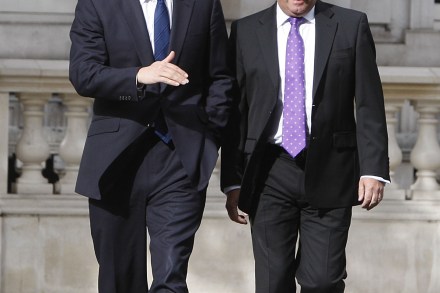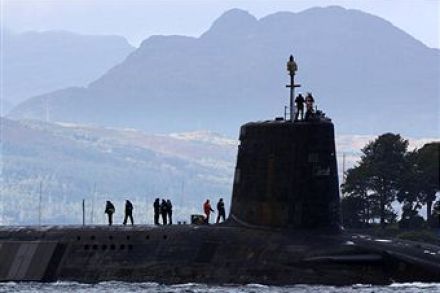Politicking with the defence of the realm: advantage Labour
Is Trident’s renewal (either a like-for-like replacement or an alternative) within the scope of the Strategic Defence Review or not? The Lib Dem conference voted to include an alternative in the SDR. But, apparently, the cash-strapped coalition seeks to defer any decision (which will take renewal out of the review entirely). Earlier today, Lib Dem defence minister Nick Harvey intimated that he preferred deferral. As the video below suggests, Harvey’s objective is overwhelmingly political and couched in the language of opposition, not government: I don’t see this as a ‘hot potato’ for Labour. Cast in opportunism’s obvious garb, the Liberal Democrats are playing politics with national security and the Conservatives




















